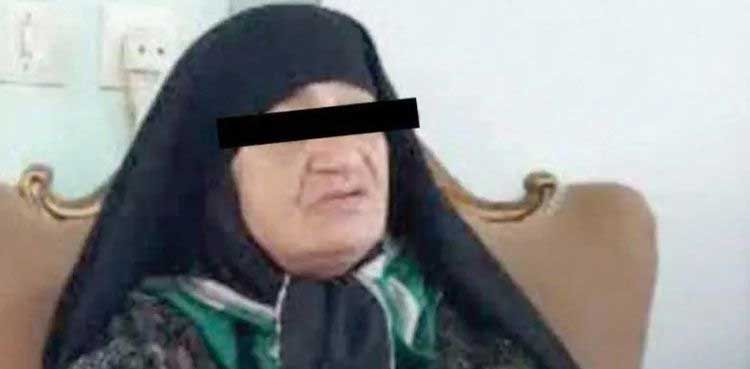In a chilling case that has gripped Iran, Kulthum Akbari, a 56-year-old woman dubbed the “Black Widow” by local media, stands accused of murdering 11 elderly husbands over 22 years to seize their wealth. The trial, unfolding in Sari’s Revolutionary Court, has drawn intense scrutiny as one of Iran’s most extensive serial murder investigations. Here’s the latest on this shocking case, based on verified reports from August 2025.
A Killing Spree Spanning Years
Kulthum Akbari, born in 1967 in Malekabad-e Bala, Iran, supposedly started her killing spree in 2000 with rich elderly men in cities such as Sari, Neka, Mahmudabad, Babol, and Qaem Shahr. Prosecutors allege Akbari married her victims—usually in temporary or permanent marriages—and poisoned them with a lethal mix of diabetes medications, sexual enhancing drugs, sedatives, and, in some instances, industrial alcohol. In some cases, she allegedly employed methods of suffocation, including a wet towel, to kill them. The victims’ old age and existing medical conditions concealed the killings as natural causes, enabling Akbari to go undetected for more than two decades.
Court reports indicate Akbari admitted to murdering 11 men and trying to kill another, although some reports indicate the number of victims may be greater, as high as 13 to more than 20 victims. Her 19 temporary and 18 legal marriages provided fodder for speculation regarding the extent of her crime, with property frequently being turned over in her daughter’s name after murder.
How the Case Unraveled
The case came to light in September 2023 following the death of Akbari’s final alleged victim, 82-year-old Azizollah Babaei. His son’s suspicions, coupled with a family friend’s testimony about a prior poisoning attempt, prompted a police investigation that led to Akbari’s arrest. During interrogation, she reportedly admitted to her calculated methods, which included monitoring victims’ health to time the killings perfectly, ensuring no immediate suspicion.
The Trial: Calls for Justice
As of August 2025, Akbari faces 11 counts of premeditated murder and one count of attempted murder in Sari’s Revolutionary Court. Over 45 plaintiffs, primarily victims’ families, are involved, with many demanding the death penalty under Iran’s Islamic law. At a hearing on August 6, 2025, families of four victims passionately called for execution, citing the cold-blooded nature of the crimes. Akbari’s defense has pushed for a mental health evaluation, but plaintiffs argue her meticulous planning—choosing victims from different cities to avoid detection—demonstrates clear intent.
The trial has generated extensive media coverage and public discussion in Iran. Social media has witnessed an avalanche of responses, but with some posts minimizing the case for laughs earning denunciation from families of victims. The cultural influence of the case is clear, with Akbari serving as an inspiration for a character played by actress Masoumeh Aghajani in the Iranian television series Paitakht 7.
What’s Next?
No verdict has been made public so far as of August 9, 2025, with the court set to rule after more hearings. The case remains to dominate Iran and global audiences, raising questions on justice, greed, and the frailty of elderly people. Akbari would face the death penalty if found guilty, perhaps making her Iran’s second established female serial killer since Mahin Qadir

Leave a Reply